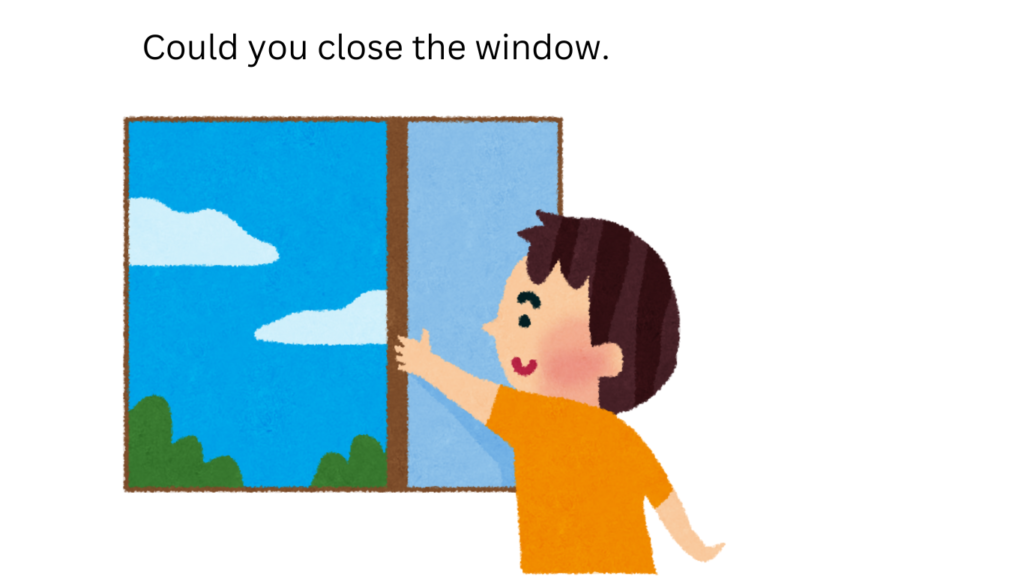Using “Would” in English Grammar
The modal verb “would” is a universal and commonly used component of English grammar. Understanding its various functions can improve your oral and written communication. This article will examine the different uses of “would,” including its role in conditionals, polite requests, habitual actions, and indirect speech.
1. Conditional Sentences
One of the main uses of “would” is in conditional sentences, especially second and third conditional sentences.
Second Conditional Sentences
Second conditional sentences are used to express assumed situations or dreams that are unlikely to occur in the present or future. – **Structure:** If + simple past, would + base form of the verb.
Example:
– If I won the draw, I would **travel** the world. In this case, the speaker presents a situation that is not true at the present time.
Third suspended sentence
The third conditional sentence deals with a past situation that did not happen and its hypothetical result. – **Structure:** If + is more-than than, it becomes + past participle.
Example:
If I had studied more, I would have **passed** the exam. Here the speaker reflects on a past situation and its unrealized result.
2. Cultured requests and proposals
\ “be \” is often used to respond to cultured requests or offers. This makes the demand softer and more polite.
Polite Requests
Example:
**Could you** close the window.

Using “would” in this context is more polite than using “will” or “can”.
Polite Suggestions
**Example:**
**Would you** have a cup of coffee? This construction carefully submits a proposal, which makes it more attractive.
3. Expressing desires
“Would” can also express a wish or desire, and often indicates a desire for something to happen.
Examples of wishes
Example:
I would like to visit Paris someday. In this case, \ “is \” and indicates a strong desire.
4. Habitual actions in the past
“Would” can be used to express habitual actions in the past, highlighting something that happened regularly.
Examples of regular actions
When I was a child, I went fishing every summer. This usage highlighting a repeated action in the past.
5. Indirect Speech
In indirect speech, “would” is often used instead of “will” to reflect the future from the perspective of the past.
Indirect Speech Examples
Direct speech
She said, “I’ll help you tomorrow.”
Indirect Speech:
She said she’d help me the next day. This conversion is essential to maintain the correct tense in the reported context.
6. Expressing Preferences
“Would” can indicate preference when paired with “rather” or “sooner”.
Examples of Preferences
Example:
I would **prefer** to stay home tonight rather than go out.
This construction makes clear the speaker’s choice or preference.
7. Guessing and Assumptions
“Would” can also express an assumption or guess about a situation, often reflecting some degree of uncertainty.
Examples of conjectures
Example:
If he were here, he would probably agree with us.
Here, “would” indicates what would happen if a certain condition was met.
Conclusion
The modal verb “would” plays many roles in English grammar, making it an important tool for hypothesis, politeness, past habits, indirect speech, and expressing preferences. Understanding these different uses not only improves grammatical accuracy, but also improves communication by allowing speakers to convey nuances of meaning. Knowing the verb “would” will greatly improve your English skills, both spoken and written.
